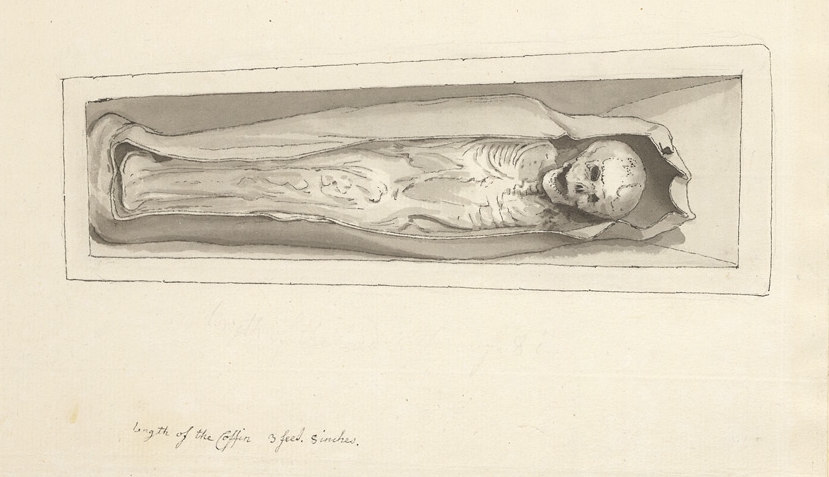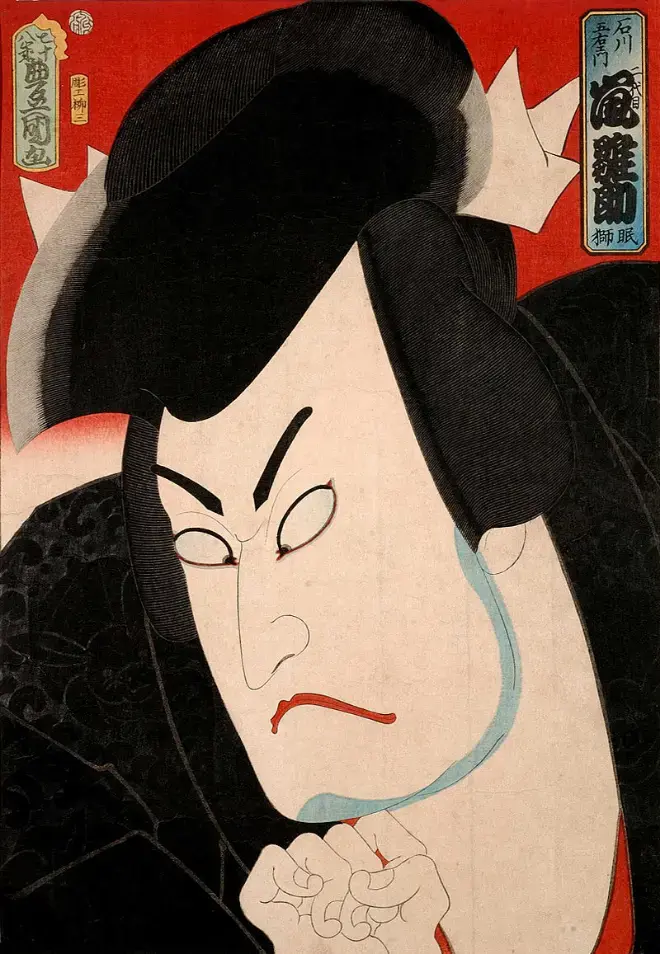Little Saint Hugh of Lincoln

Hugh of Lincoln (1246 – 1255) was a young English boy whose death was falsely blamed on the local Jewish community, becoming one of the most prominent cases of medieval blood libel. Often referred to as "Little Saint Hugh" to distinguish him from the adult Saint Hugh of Lincoln, the boy was never officially canonised, making the title inaccurate.
His death marked a turning point in English history, as it was the first time the Crown, under King Henry III, gave legitimacy to allegations of ritual murder by Jews. The king’s involvement, along with chronicler Matthew Paris’s sensational account and later support from King Edward I, helped solidify the tale in popular memory. The cult that arose around Hugh led to the establishment of a shrine and a long-lasting myth, reinforced by songs and literature that persisted into the twentieth century.
Hugh’s story drew on earlier narratives like that of William of Norwich (1144), which sparked a broader pattern of antisemitic accusations in medieval England. These tales often served the interests of church authorities who sought to create local saints to attract pilgrims and donations.
At the time, Jews in England faced increasing persecution. Heavily taxed by Henry III, many were forced to collect debts rigorously or sell them to Christians. The Crown’s economic exploitation of Jews, combined with Church-imposed social restrictions and enforced segregation, created a hostile environment. In 1253, these pressures culminated in the Statute of Jewry, codifying anti-Jewish measures into law.
When Hugh died in 1255, several Jews were in Lincoln for a wedding. Despite a lack of evidence, a number were arrested, and some were executed after being implicated in the boy’s death. The incident illustrates how religious prejudice, political expediency, and economic motives combined to fuel one of the most notorious blood libel cases in English history.


